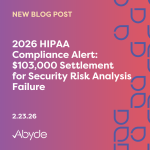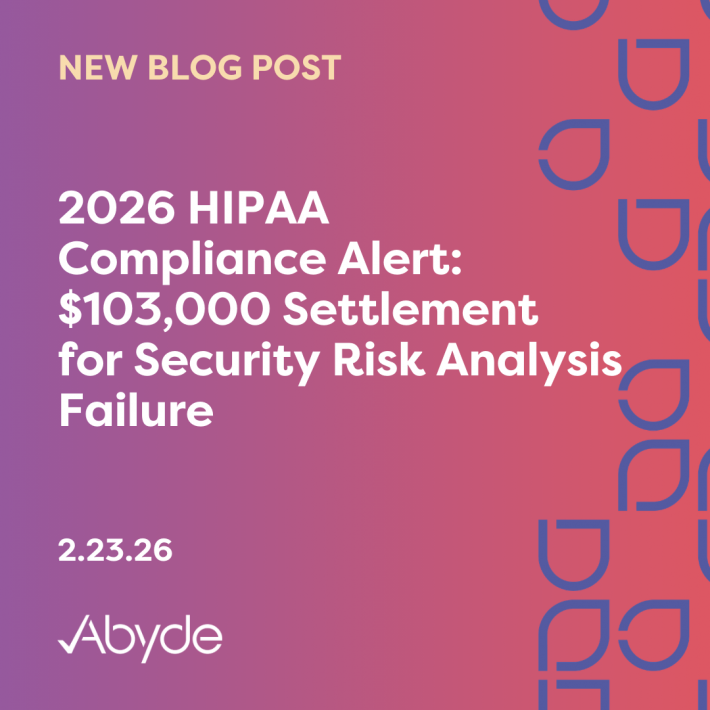May 11, 2023
Small organizations are prime targets for cyberattacks because they are typically less likely to have robust cybersecurity systems if any at all. Yet Aspen Dental, with over 1,000 offices across the United States, recently fell victim to a cyberattack that disrupted its ability to access scheduling systems, phone systems, and other essential business applications. No organization of any size or industry is immune to cyberattacks.
The Aspen Group has not confirmed whether or not patient information was compromised, and is still actively investigating the incident’s scope. The breach was first discovered on April 25 and if it turns out that sensitive, personal information was involved in the incident, Aspen Dental will notify the affected individuals in accordance with applicable laws.
The healthcare industry is number one on the list of targets for cybercriminals due to the nature of the industry having massive amounts of sensitive personal data for patients ranging from medical records to credit card numbers to home addresses. Dr. Jay Wolfson, USF Associate Dean for Health Policy and Practice said, “Healthcare is the richest source of data for poor people looking to commit fraud and get data on people.”
According to a report from healthcaredive.com, 385 million patient records have been exposed as a result of healthcare breaches from 2010 to 2022, emphasizing the critical need for comprehensive security measures like those provided by Abyde’s compliance solutions software. The insurmountable cost of a breach followed by investigations and legalities concerning HIPAA can be detrimental not only financially but also to the reputation of a healthcare entity.
In light of Aspen Dental’s breach, it is evident that using a Compliance-as-a-Software like Abyde’s would have significantly reduced the risk of a cyber event. Abyde’s software offers a comprehensive solution to help healthcare organizations maintain compliance, safeguard sensitive patient information, and ensure the safety of business operations. Investing in such preventative measures allows healthcare organizations to protect themselves from devastating cybersecurity incidents and the endless headache that is sure to follow.
This incident goes on to prove that there is no practice too big for compliance.





